Energy supplements for running
Last Updated:Endurance athletes such as runners, swimmers, or cyclists typically spend hours performing their sport. Whether it's clocking down miles over miles in long-distance training, over 200 miles on a bike, or swimming endless laps in the pool. With all these training sessions and extreme demands on our bodies both physically and mentally athletes should pay close attention to their diet and correct supplementation.
I get asked a lot what the best energy supplements for running are, also which are the best energy supplements before running and the best energy supplements while running. The answer isn't easy since just because I'm experiencing great results with certain energy supplements for running, it doesn't mean they will work the same for someone else. I can give some recommendations though for the best energy supplements for distance running for you to try out and see what works best for you. If you're looking for general advice on supplements for runners head over to my previous article about the best supplements for runners. Here is my guide to the best energy supplements for marathoners and long-distance running:
Top energy supplements for running
I know a lot of runners who do not really care about supplements in distance running and don't really take any. To me, it is required to prep and eat nutrient-dense foods to keep up with the energy you'll need for your training especially in preparation for a marathon or long-distance running in general. A beneficial supplementation as an asset to my diet helps me to run my best. This is my list of energy supplements for running that you should consider while clocking all these miles to boost your performance, help with recovery, and stay healthy during training.Creatine for runners
If you think about creatine you most likely think about bodybuilding. Creatine to us means strength, power, but also speed. I've read so many studies on how creatine's used as an effective ergogenic aid for improving muscular strength and the size of your muscles. Creatine will help especially when it comes to the tougher workouts as hills, intervals, and tempo runs. Creatine for runners helps to decrease recovery time during repeated intervals, and increase power output at lactate threshold. Obviously, better performance with speed, power, and running economy during your training will be beneficial for you on race day. Creatine is a great add-on to your list of energy supplements for running. I take 3-5 grams per day and this is the product I can highly recommend.Caffeine to boost performance in running
I'm not making a secret about me not liking any kind of pre-workouts. I never enjoyed the feeling you're getting from it. What I do recommend as a great energy supplement for running is caffeine (60 min before the run). It's old school and is being used for athletes to boost their performance forever. It helps me in the morning to pick me up for early practice and it also helps to reduce the perception of effort, pain and delays fatigue which can make those longer runs more bearable. I love coffee in the morning and when it comes to energy supplements while running I'm using energy gels that include caffeine such as the Clif bar energy gels. They come in different flavors (my favorite is strawberry) and seriously give you an immediate boost in training. But you should try them out before using them too much - it's not for everyone. And caffeine is not only one of the best energy supplements for distance running it also increased fat oxidation which can help you with weight management. So caffeine is a great energy supplement before running but also during your workout.Glutamine for athletes
Talking about energy supplements for long-distance running, or energy supplements for running, in general, there is one supplement that should be on your list for sure even though it is the most abundant amino acid found in our bodies. I'm speaking of glutamine. So why supplement it, when there is so much of it in our body? Intense running can drain down our storage of glutamine faster than we're able to replenish them. This causes breaking down our own muscles, which will leave you in a catabolic state. Also when you're aware of a low immune system, that you're dealing with, glutamine compromises it. So you're even decreasing your risk of infections. I'm taking 20 grams of this product every day in a glass of water. It doesn't taste like anything. You can also mix it into your protein shake.Beta-Alanine in distance running
The supplement beta-alanine is part of my supplementation since I started running. It helps with performance and delays fatigue when then training intensity gets really high. It sounds like a great energy supplement for marathon training, right? During intense training like you'll experience it in tempo runs or speed workouts, weight lifting or faster long runs your body accumulates hydrogen ions. These hydrogen ions contribute to lowering pH, which ultimately results in fatigue. The energy supplement beta-alanine, which is an amino acid derivative, will help you to increase intramuscular carnosine content, which can increase the body's ability to buffer hydrogen ions. Great in theory, but does it work? As I said, I've been taking it ever since and I'm convinced it does improve my running performance, training volume - especially in marathon training and reduces my reception of fatigue. If you're not sure, I would definitely give it a shot and try it out. Here is the product I've been taking for more than 4 years now (3-6 grams per day, taken in 800-milligram doses throughout the day).BCAA's for runners
Another energy supplement for running is BCAAs. Having a water bottle that has a scoop of BCAAs in it can be crucial for your performance. One mechanism of central fatigue in running is free tryptophan crossing the blood-brain barrier (BBB). Tryptophan aids in the release of certain neurotransmitters—serotonin —which affects arousal, sleepiness, mood, and ultimately fatigue. If a runner increases the intake of BCAA concentration (3-6 grams before or during exercise) it can reduce the amount of tryptophan crossing the BBB which may delay feeling fatigue. More benefits of BCAAs for runners are decreasing lactate production, potentially increasing your endurance exercise capacity, and reducing skeletal muscle protein breakdown. You'll get a promotion of your recovery on top of it. BCAA (A ratio of 2:1:1 leucine:isoleucine: valine appears to be most beneficial) is great as an energy supplement for athlete runners, which is why I strongly recommend this product.Protein as an energy supplement for runners?
Absolutely. It's no secret that endurance athletes need protein (0.5-0.7 grams per pound of body weight daily. During periods of high-volume or intense training, consider increasing your protein intake to 0.9 grams per pound of body weight) since it's crucial for the repair, construction, and maintenance of your muscles. The effect on your energy level comes in after prolonged periods of training when your body turns protein and an additional source of energy. Make the most of your protein consumption by consuming it with a good source of carbs since the combination of both leads to superior rates of protein and glycogen synthesis. I'm a huge fan of real food, so if you can try to consume your protein through chicken, fish, or tofu. If you're into protein powder my sensitive stomach experienced best results with this protein.
- Most featured running blog, past 6 years
- USATF certified running coach
- Experienced endurance athlete
- 7 marathons








